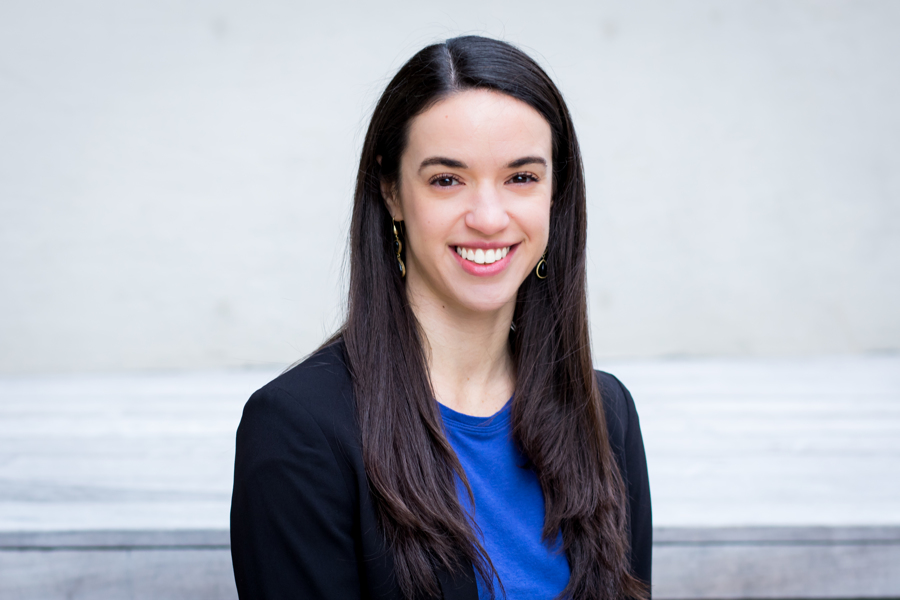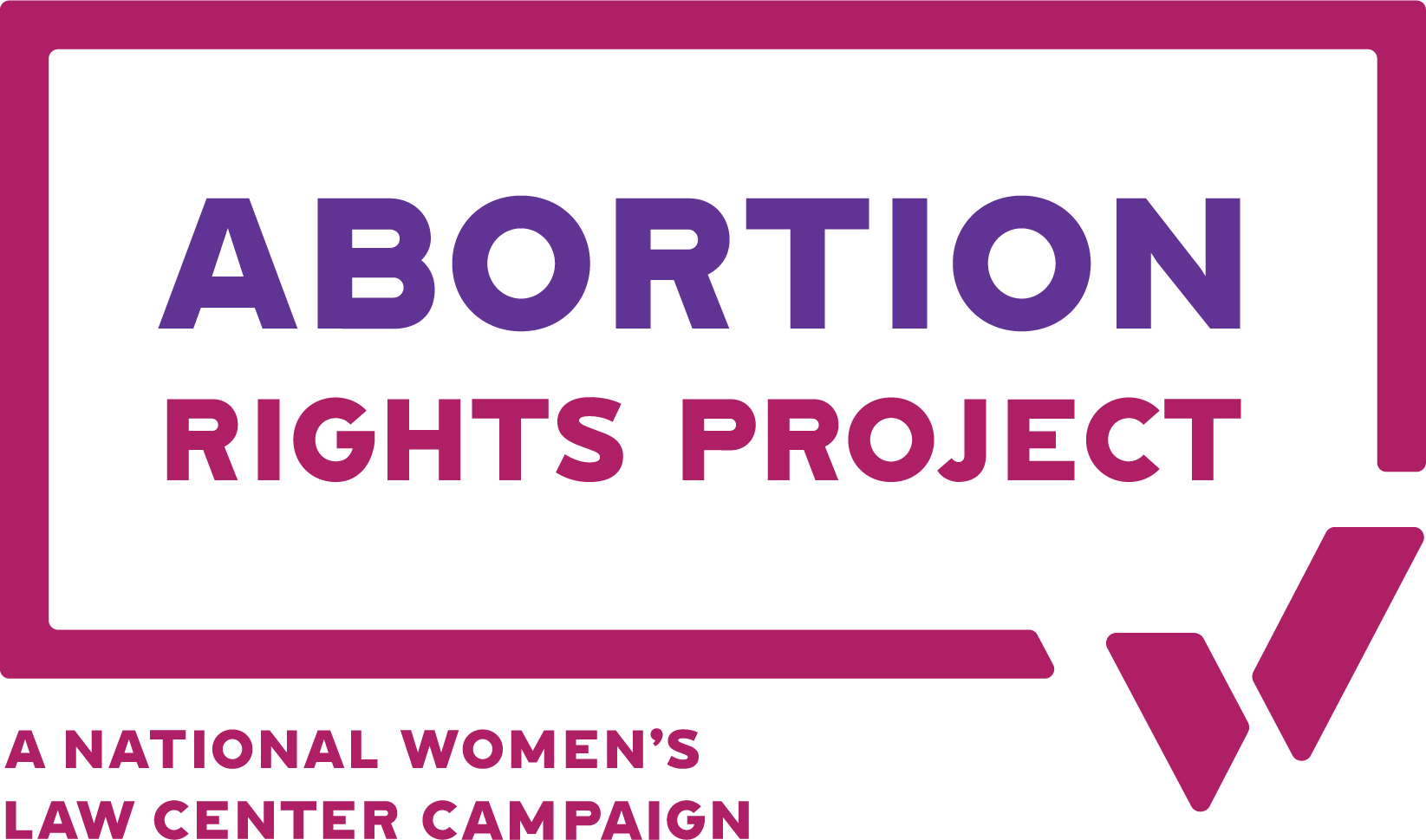Entities Claiming Religious Objections Cannot Use Taxpayer Dollars to Deny Foster Care Services to Same-Sex Couples

Update: On June 17, 2021, the U.S. Supreme Court ruled unanimously against the City of Philadelphia, holding that its refusal to contract with Catholic Social Services (CSS) until it agreed to certify same-sex couples as foster parents violated the First Amendment’s free exercise clause. In a narrow decision limited to the specific facts at issue in this case, the Court focused on the language in the city’s contract and found that the contract’s mechanism for offering exemptions to agencies could not be denied to CSS. While the decision does have troubling implications for the direction the Court may be heading in, it importantly does not establish a general right for religious organizations to violate nondiscrimination laws. Read NWLC’s statement on the decision here. For further analysis of the Court’s decision, see the ACLU’s full statement here.
Imagine a person walks into City Hall and wants a contract and payment to take over operation and upkeep of a city park. The person says that because of their religious objections, they will not let Black people, Jews, or Queer folks use the park. And if the City insists they let all people use the park, that would be trampling on their rights.
Seems absurd, right? If the City needs help running the park, why should they give taxpayer money to an organization that will turn people away? This is the story behind a case Catholic Social Services has brought to the Supreme Court that will be heard on November 4.
The case, Fulton v. City of Philadelphia, is about whether religious organizations performing public services under government contracts (aka using taxpayer dollars) can turn away same-sex families. Philadelphia, like many cities, contracts with outside organizations to provide some social services. As a condition of doing this business, the City requires contractors to abide by their “Fair Practices Ordinance,” which prohibits discrimination based on race, religion, sex, sexual orientation, gender identity, disability, and other protected identities.
Catholic Social Services (“CSS”)—one of the organizations Philadelphia works with to provide foster care services—wants the right to turn away same-sex prospective foster parents while still maintaining their City contract. And they’re claiming that the City refusing to renew the contract is a violation of the organization’s religious freedom under the First Amendment. Philadelphia has about 5,000 kids in foster care—the City cannot afford to turn away LGBTQ+ families, especially since LGBTQ+ foster families are more likely to adopt kids, including children of color. This policy by CSS is not only illegal but inflicts real harm on the kids and families in Philadelphia.
CSS tries to argue that their discrimination is “no big deal” because the City contracts with other agencies—ones that don’t discriminate against LGBTQ+ people—to provide foster care services. But as our friends at the ACLU pointed out to the Court, that argument has no merit. If our hypothetical park manager told Black people or Jews or Queer people they could “just use a different park,” that would not prevent the harm to people of having the City—acting through a government contractor—deny services on the basis of their identities.
That’s why NWLC, along with the law firm Dentons and 35 civil rights and gender justice organizations, filed this amicus brief in support of the City of Philadelphia and the intervenors Support Center for Child Advocates and Philadelphia Family Pride, represented by the ACLU, in agreement that taxpayer funds cannot be used to discriminate. We explained how allowing entities with religious objections to discriminate in social services would potentially harm women and girls in schools, the workplace, in access to healthcare, and in public spaces.
Entities claiming religious objections shouldn’t be excused from civil rights laws, but that doesn’t mean they aren’t already trying. Recently, the Department of Health and Human Services put forward a rule that would undermine the Affordable Care Act’s non-discrimination protections, even though women and LGBTQ+ people repeatedly face discriminatory denial of services when seeking healthcare—sometimes with life-threatening consequences. And the Department of Housing and Urban Development announced a plan to eliminate protections against discrimination based on gender identity for federally funded homeless shelters. But don’t worry, we’re already fighting back in courts.
And now that the Supreme Court agrees that discrimination against sexual orientation is discrimination against sex, we cannot let the First Amendment be used to run roughshod over these civil rights protections. If the Court rules in favor of CSS and upends 30 years of settled law, this would open the floodgates for organizations claiming religious objections to evade anti-discrimination laws. Religious organizations run 70% of food pantries, 27% of emergency shelters and halfway houses, and 1 out of 6 child care centers. One in six hospital beds are operated by Catholic affiliated hospital systems. As COVID-19 continues to wreak havoc across the country, more and more people are seeking assistance from social service agencies, many of which contract with religious providers. If the Court rules that these entities have the right to discriminate, millions of people could be denied vital services just because of who they are.
We’re not alone in this fight; many other organizations committed to racial justice, disability justice, justice for elders, and ensuring LGBTQ+ rights, have also filed briefs in support of the City of Philadelphia and its same-sex families. We know the movement for equality doesn’t happen in isolation—when you come for one of us, you come for all of us.





